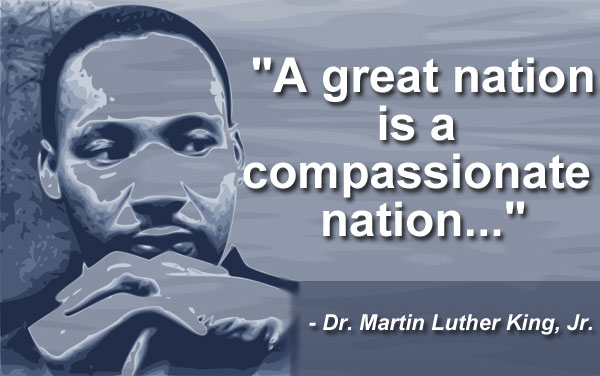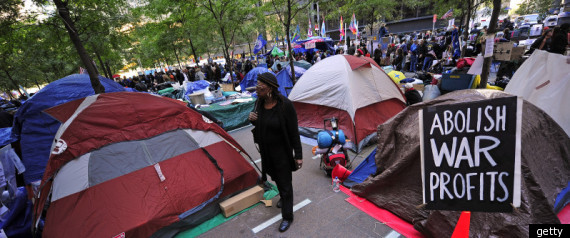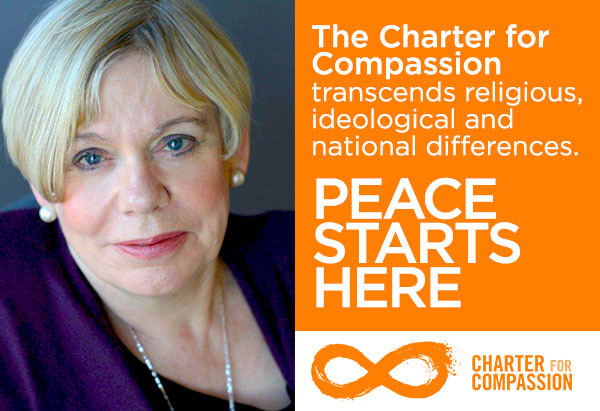Imagine a runaway train charging from Washington, DC to California emitting hate from its smoke stacks, collecting more venom at each station. This is what life in in the United States has become under Trump. How do we stop the Trump Hate Express?
We can start by practicing compassion, a proven antidote to hate. As Martin Luther King famously said, “Love builds up and unites; hate tears down and destroys.”
What exactly is compassion?
According to Dr. James Doty, Director of the Center for Compassion and Altruism at Stanford University, compassion is “the recognition of another’s suffering and a desire to alleviate that suffering.”
Dr. Kelly McGonigal, author of The Science of Compassion describes compassion’s chain reaction: “The benefits of compassion extend to the one who offers it, the one who receives it, and all those who witness compassion In action.”
Every Sunday I witness the ripple effects of compassion during my church’s ritual of “the passing of the peace.”
At the minister’s invitation, everyone gets up, moves through the aisles, extends a hand to one another with the greeting, “May peace be with you.” I experience an especially warm glow greeting the elderly ladies who are too infirm to leave their pews but smile appreciatively as I bend over to pass the peace to them. I also feel a deeper connection to the entire congregation through this practice.
As a unifying force compassion offers a foundation for social change. Compassion is the basis for non-violent resistance preached by King, Gandhi and more recently by Barbara Deming and Gene Sharp.

Barbara Deming (holding flowers) at the 1983 Seneca Women’s Encampment for Peace and Justice to protest the planned deployment of NATO first-strike missiles from the Seneca Army Depot.
I will never forget my 2011 visit to Zuccotti Park, the birthplace of Occupy Wall Street, where compassion was everywhere. As I moved through this tented protest village, I was greeted warmly, encouraged to ask questions and to join in discussions. During one discussion I was listening quietly when a young man tapped me on the shoulder and asked if I’d like a cup of chai. I thanked him, noting, “In all the years I’ve visited New York City no one has ever offered me a free hot drink!”
The Dalai Lama recommends a daily compassionate meditation focused on loving-kindness as a way to keep compassion in the foreground of one’s life.
This meditation is also beneficial in reducing interpersonal conflicts. Compassion means putting yourself in another’s shoes, trying to learn about the other, rather than judging them. To this day my adult children can still push my buttons. Entering into a compassionate meditation about them helps to soften my heart.
Karen Armstrong, the best-selling religion author has taken compassion to the global level through her promotion of “The Charter for Compassion” which she launched in a 2009. This charter is based on the golden rule where one treats another as she or he would like to be treated. More than 125,000 individuals have signed the document and 400 organizations have become partners.
In 2010 Seattle, Washington became the first city to sign the Charter, spearheading the “Compassionate Communities Campaign.”
To date more than 70 cities and 300 communities across 45 countries are participating. Armstrong identifies a compassionate city as, “A city that is uncomfortable when anyone is homeless or hungry. Uncomfortable, if every child isn’t loved and given rich opportunities to grow and thrive. Uncomfortable, when as a community we don’t treat our neighbors as we would wish to be treated.” (Maybe you want to add your city?) 
Why not extend your holiday feelings of good will to include the National Public Radio compassion challenge? It calls for “doing something each day to beam compassion into the world.” Examples extend from the small act of acknowledging a stranger to helping someone change their life for the better. Let’s all become ambassadors of compassion to put a stop to the Hate Express!




